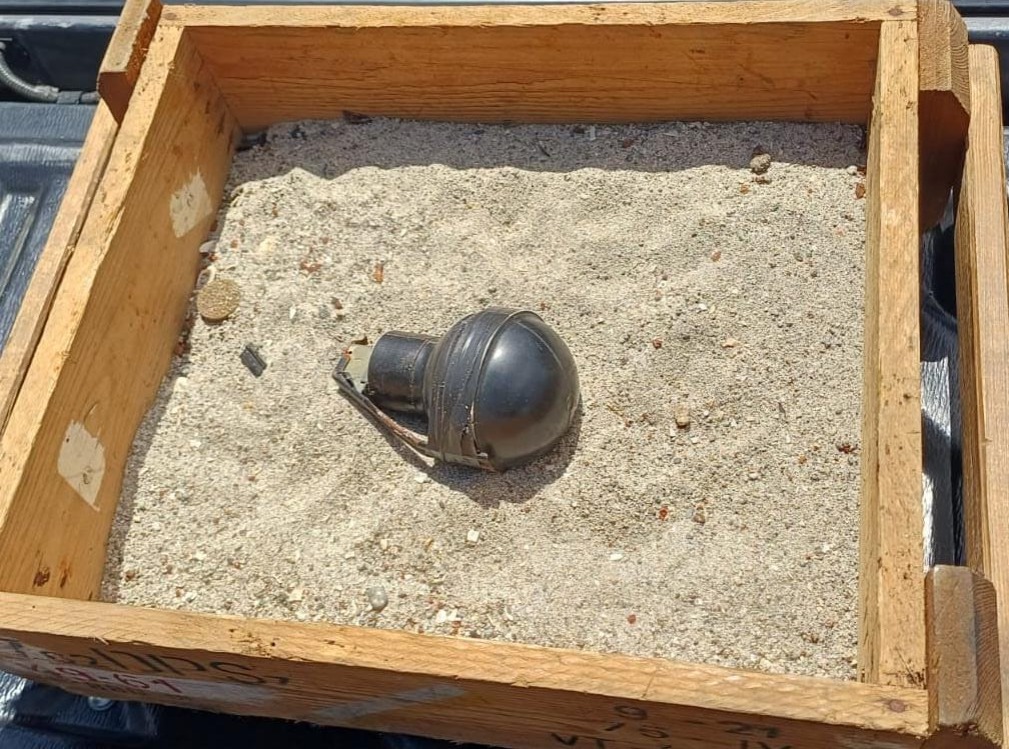Wall Street Journal boss exits over UK hacking scandal

The broadening hacking scandal in the Rupert Murdoch media empire has led to the resignation of the publisher of The Wall Street Journal.
Les Hinton who held the post since 2007, oversaw Murdoch’s British newspaper subsidiary when voice mail hacking by journalists was rampant.
There was strong opposition to the take over of famed financial publication because of concerns about the loss of its independent opinions under Murdoch’s rule. Critics were afraid of a move to the extreme right wing slant of Fox TV, also owned by the media mogul. During the early days of the current scandal the Journal gave only passing reference to the story that was making headlines around the world.
Fox TV gave a perfunctory 10 minutes of viewing time spread over 180 hours.
Recently commentators have talked of the Foxification of the Journal.
Meanwhile the FBI has opened an investigation into concerns that the phones of relatives of the victims of 9/11 were hacked.
Hinton’s exit follows that of Rebekah Brooks, who had run the British papers since 2009 and became the target of unrelenting public outrage, and is the latest blow to News Corporation whose shares have fallen 20% since the sandal erupted.
As late as Thursday 80 years-old Murdoch said the pair had performed “excellently” in dealing with the crisis since it erupted two weeks ago.
The New York Times reported he was said to be loath to lose either of them, and became convinced that they had to leave only over the last several days, as executives and outside advisers flew in to help manage the crisis from the company’s gleaming granite and glass offices in the Wapping district of east London.
In arriving at the final decision, Mr. Murdoch was joined by his two sons, James and Lachlan, and Joel I. Klein, a senior News Corporation executive and former New York City Schools chancellor.
A British Public relations company experienced in “crisis management” was called in and a series of mea culpas followed. He wrote a letter, now being published in all British newspapers under the headline “We are Sorry” acknowledging that the company did not address its problems soon enough. It was earlier released to the media so it got double coverage, as a news item and as a full page advertisement.
He also visited the family of murdered 13-year-old Milly Dowler, whose voice mail was hacked by reporters at The News of the World while she was still listed as missing. According to the Dowler family’s lawyer, Mark Lewis, Murdoch held his head in his hands and apologized for the actions of his employees, who deleted phone messages after the girl’s mailbox had been filled so they could collect more new messages.
Lewis said that Murdoch apologized “many times,” and that he was “very humbled, he was very shaken and he was very sincere.”
Murdoch, Brooks and James Murdoch, the company’s deputy chief operating officer and Rupert’s younger son, are set to testify next week before Parliament, where they will face tough questions from politicians who once fawned for their attention
Murdoch initially rejected Brooks’s offer to resign from News International, his British subsidiary, despite advice to accept it from senior News Corporation executives, said people briefed on the company’s discussions.
Brooks, who was editor of The News of the World when the abuses began in 2002, repeatedly told the Murdochs that she knew nothing of the hacking and that she would be exonerated when all the facts came out.
In her farewell message, Brooks said. “The reputation of the company we love so much, as well as the press freedoms we value so highly, are all at risk,” she wrote. “As chief executive of the company, I feel a deep sense of responsibility for the people we have hurt and I want to reiterate how sorry I am for what we now know to have taken place.”
On Friday, former staff members at The News of the World questioned why Brooks did not resign earlier. “Our paper was sacrificed to save her career, and now she’s gone as well,” one former employee told the NYT, requesting anonymity because he did not want to jeopardize his position in severance negotiations.
Until Friday, Hinton had been largely an offstage figure in the scandal. But questions grew about what he knew about the improper practices going on at the newspapers under his watch, even though he has testified twice before Parliament saying that he believed the hacking was limited to one rogue journalist and a private investigator.





